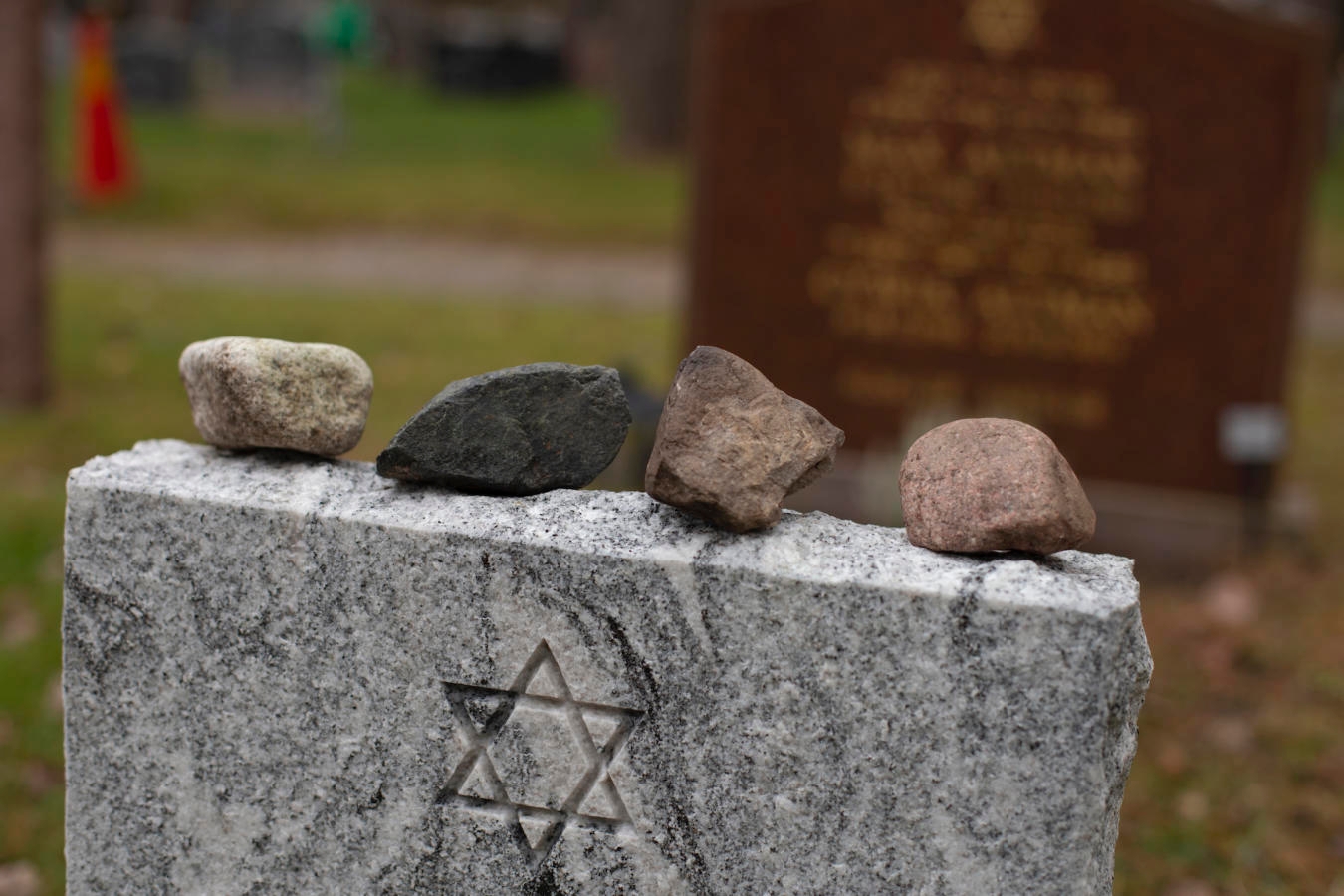Commentary on Parashat Chukat-Balak, Numbers 19:1 - 25:9
In this week’s Torah portion, we read of the death of Miriam. Numbers 20:1 tells us:
“The entire congregation of Israelites arrived at the wilderness of Zin on the first new moon, and the people stayed at Kadesh. Miriam died there and was buried there.”
As is often the case, the rabbis of the Talmud found the repetition of a specific word in the Torah to be curious. In describing where Miriam died, why would the Torah need to say “there” twice?
In the Talmud, the rabbis suggest that the repetition means that Miriam was buried in the place where she died. She died there, meaning a specific place, and was then buried there, in that (or near that) same place. Other commentators suggest that because of Miriam’s importance, her burial was arranged where she died so as to avoid any delay, treating her with the highest level of honor.

Help us keep Jewish knowledge accessible to millions of people around the world.
Your donation to My Jewish Learning fuels endless journeys of Jewish discovery. With your help, My Jewish Learning can continue to provide nonstop opportunities for learning, connection and growth.
Historically, people were buried close to where they lived and died. Today, many of us experience this differently, as we often live at greater geographic distances from our families of origin. Some of us may choose to transport our dead back “home” to a family plot, while others choose a cemetery closer to where they now live. By noting Miriam’s burial in this curious way, the Torah is suggesting the significance of having a final resting place. Knowing the location of a burial site, and being able to visit it, can serve to support us through the grieving process.
The mention of Miriam’s burial place opens the door for us to talk not only about the burial places of those we have lost, but also about their lives. Such conversations can serve to trace a family’s journey over generations as we branch out beyond our roots, as we relocate and choose new locations in which to both live and die. Talking about those we have loved and lost can also help us work through our grief. According to grief expert David Kessler, “When we talk about our grief and feel and express our feelings, we may find that we’re not alone, and it will empower others to share their story as well.”
Talking about the death and burial of those who came before us can also make it a bit easier to talk about the mortality of those close to us who may be nearing end of life, or even make it a bit easier to consider our own mortality. Talking about our loved ones or where we want to be buried can help alleviate the burden that falls on those who are left to mourn after death. Using our grief to help us normalize conversations about death and burial can also help us clarify our own wishes.
Taking a lesson from the ways in which this week’s Torah portion describes the death and burial of Miriam, there’s something to be gained when we give thought to where our own there is, supporting us through the grieving process with potential for greater meaning.
This article initially appeared in My Jewish Learning’s Reading Torah Through Grief newsletter on June 30th, 2023. To sign up to receive this newsletter each week in your inbox, click here.
Looking for a way to say Mourner’s Kaddish in a minyan? My Jewish Learning’s daily online minyan gives mourners and others an opportunity to say Kaddish in community and learn from leading rabbis.



